In a stunning consolidation of authority, President William Ruto has effectively muzzled any meaningful opposition by forging a tacit political truce with former Prime Minister Raila Odinga—leading critics to warn that Kenya’s democratic space is shrinking under the weight of elite consensus.
In what is being described as a chilling political coup, Ruto and Odinga have orchestrated the salvation of Nairobi Governor Johnson Sakaja, overriding public accountability with the backing of their political machinery. What emerges is a disturbing display: two dominant figures dictating outcomes almost by decree, sidelining dissent and concentrating power in their hands.
A PRESIDENT OPERATING ALMOST UNCHECKED.
Observers say President Ruto now enjoys a near-free hand to advance his agenda, shielded by Odinga’s presence—once his staunchest rival. The pacts formed have effectively blurred the lines between government and opposition, raising alarms about eroding checks and balances that once safeguarded Kenya’s democratic integrity.
DISTURBING SIGNALS FOR DEMOCRACY.
This emerging power alignment has triggered uncomfortable questions: with Raila’s conditional support acting as political cover, minority voices are being drowned out, and the opposition appears either compliant or impotent. Analysts say this arrangement, while temporarily stable, could backfire, spurring disillusionment among the youth and civil society—especially as economic challenges intensify.
UNDERCUTTING OPPOSITION, CONTAINING DISSENT.
Ruto’s widening margin for maneuver is no accident. It is the fruit of calculated political engineering. Raila’s unexpected shift to the government fold has neutered what could have been an effective counterbalance, instead turning the ODM leader into an unlikely enabler of gubernatorial immunity.
Critics, including analysts like Nanjala Nyabola, warn that such pacts may amount to a silencing of opposition halfway to full regulatory capture. Odinga’s role, once a bulwark of protest, now functions as a political guarantor.
WHAT LIES AHEAD: CALM OR CRACKDOWN?
Though Ruto may currently savor smoother governance, the near-silencing of dissent carries long-term risks. Analysts caution that suppressing dissent—and delegitimizing the role of opposition—could ignite renewed resistance from youth and activists, especially as economic grievances mount and protests simmer beneath the surface.
No longer held to account by a robust opposition, Ruto’s leadership now wades into dangerous waters where unchecked power may breed instability, if not outright backlash.

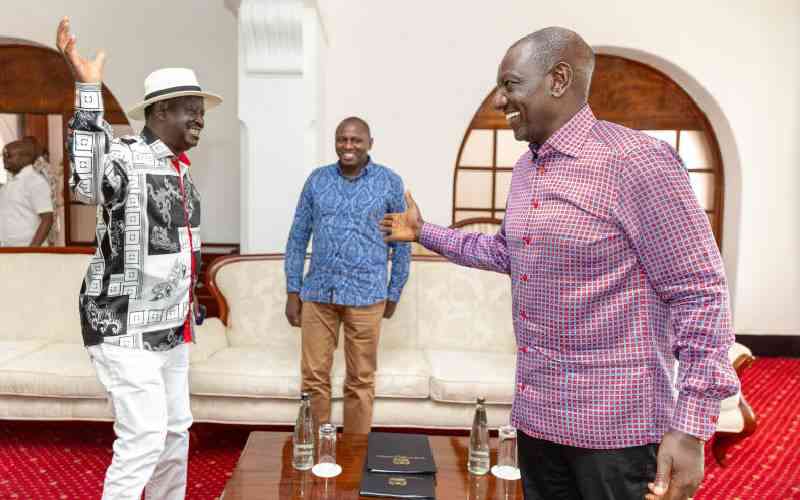
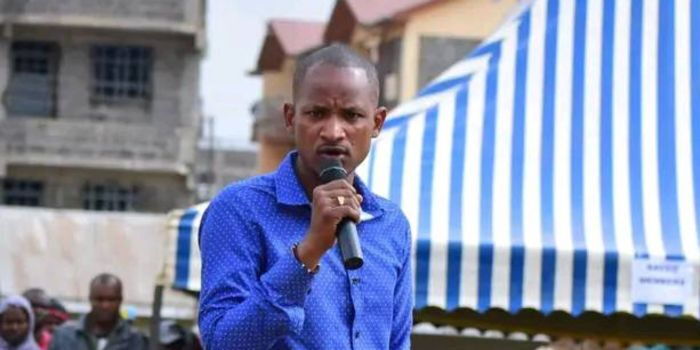
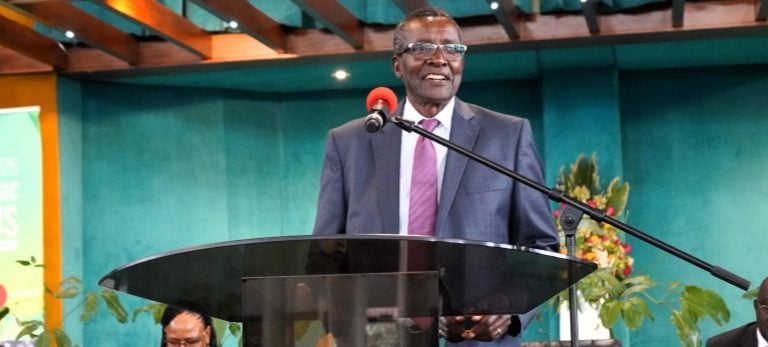
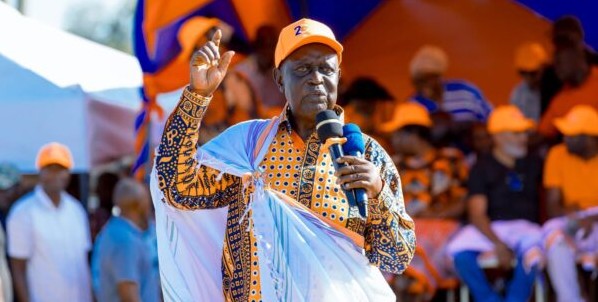
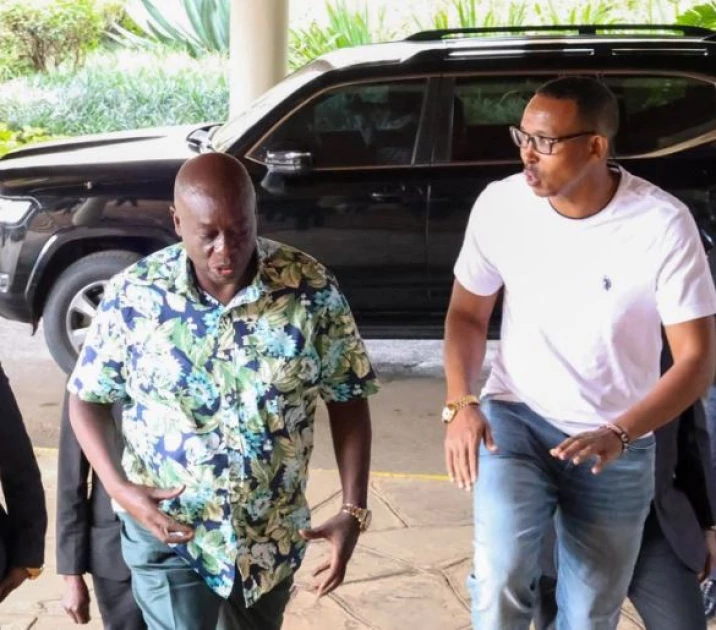
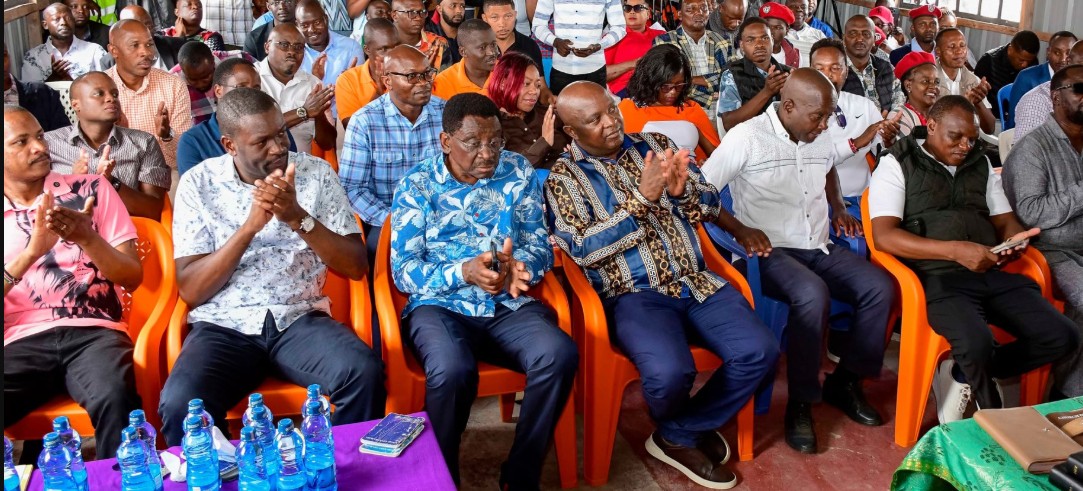
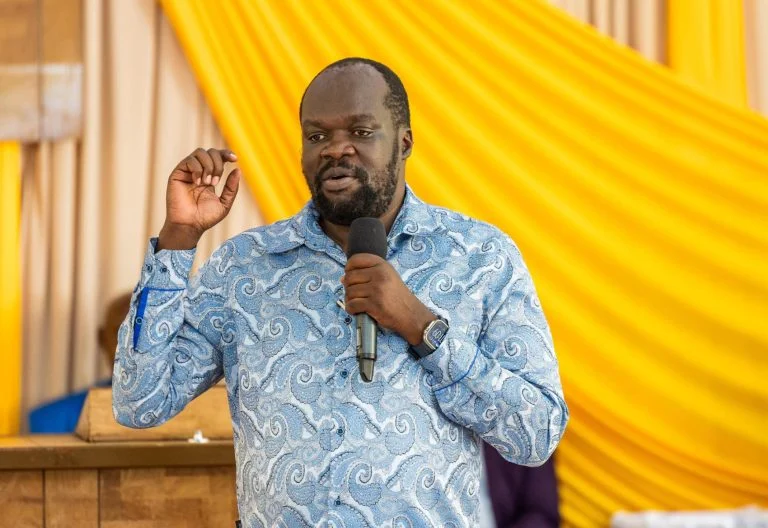

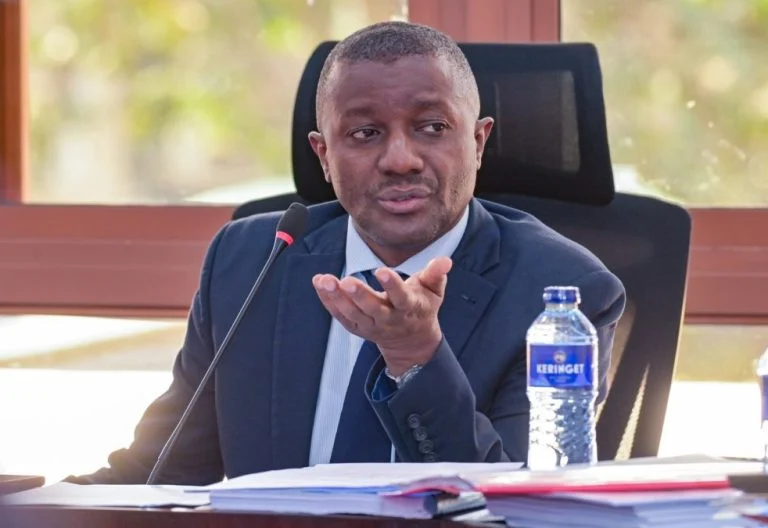
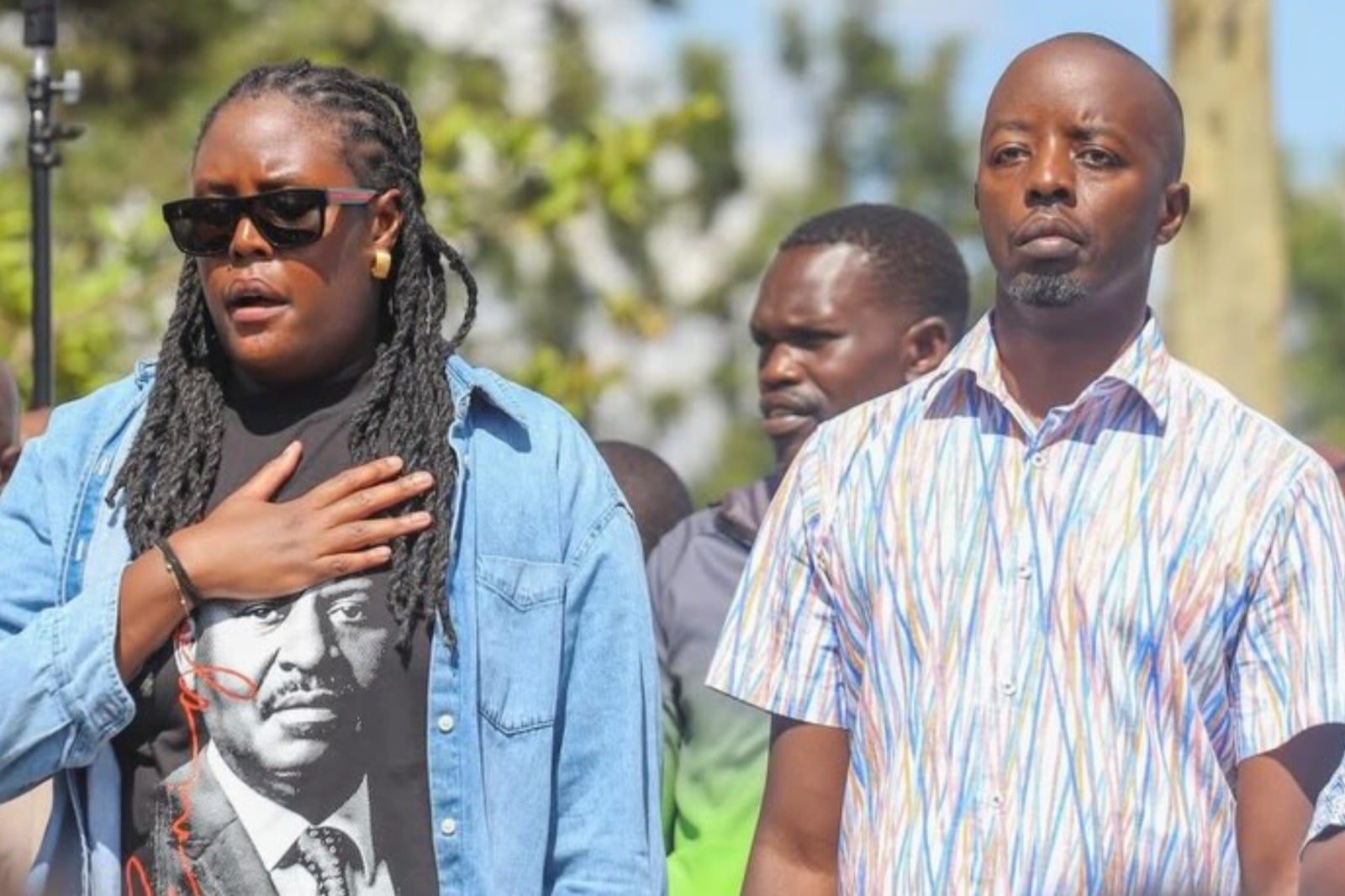

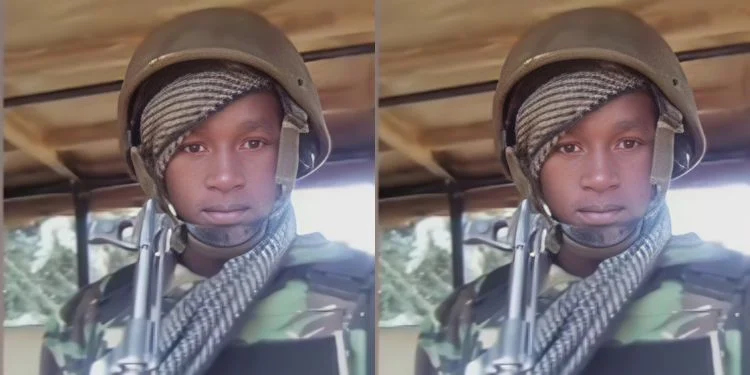
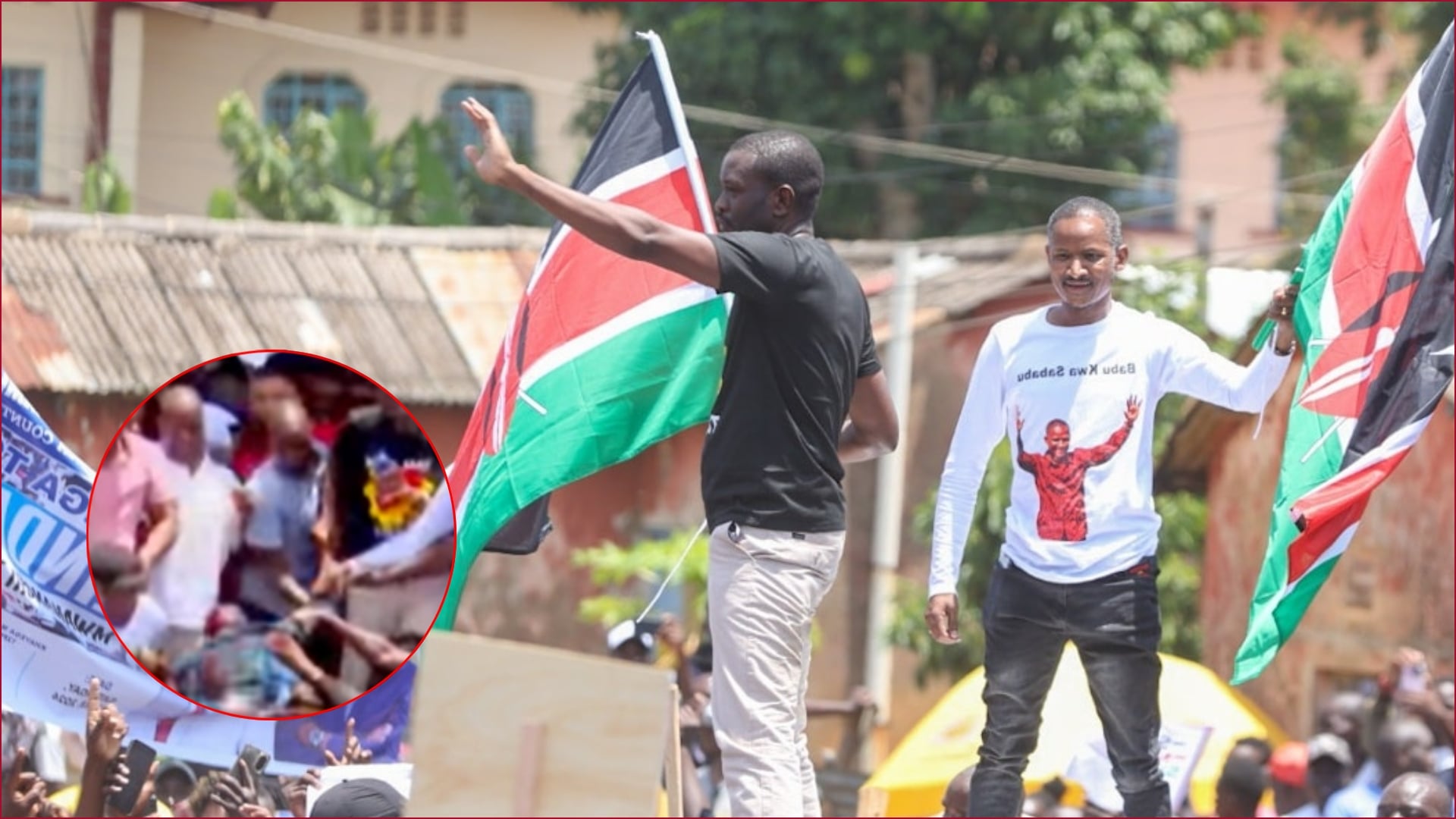
Leave a Reply